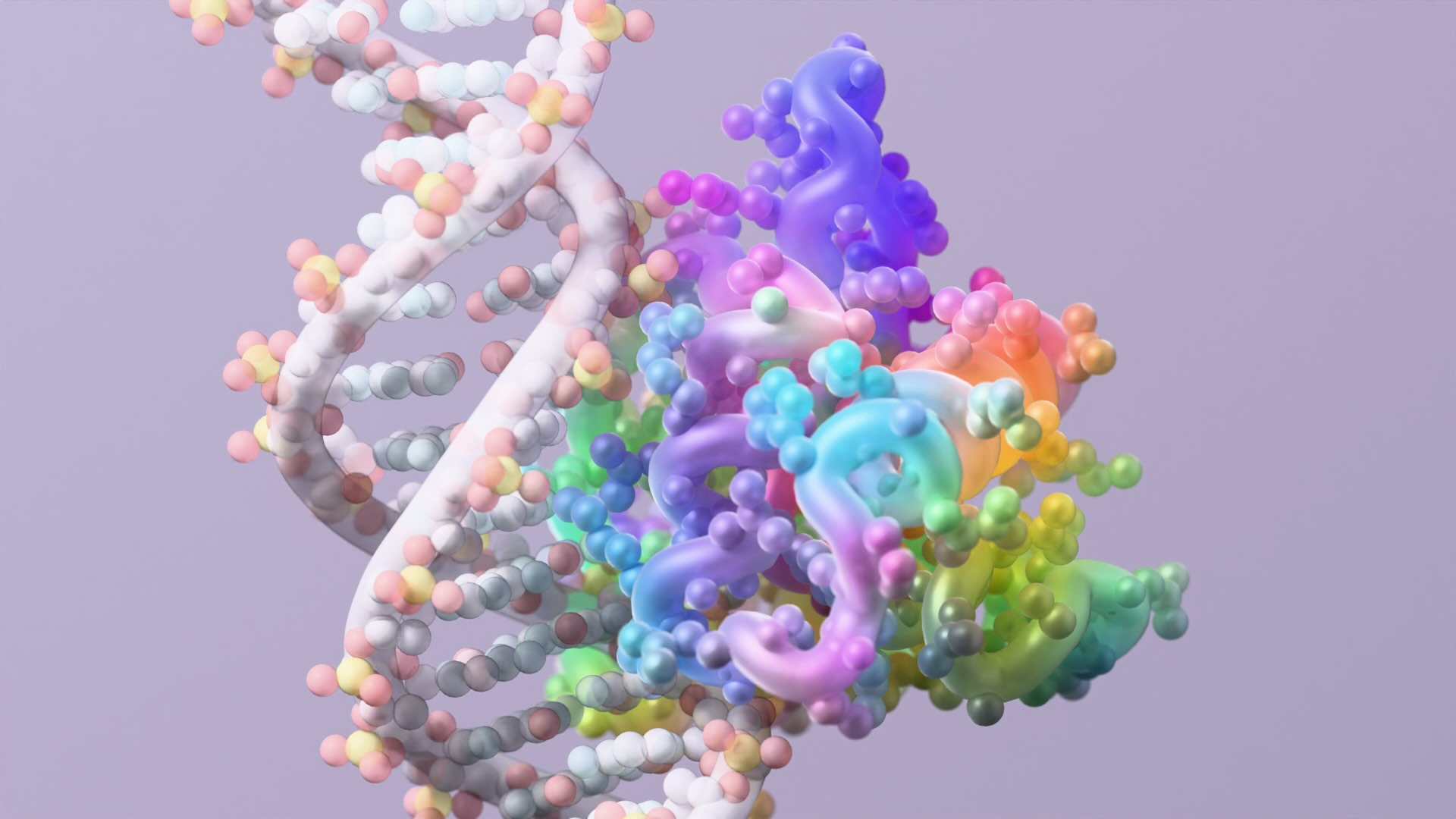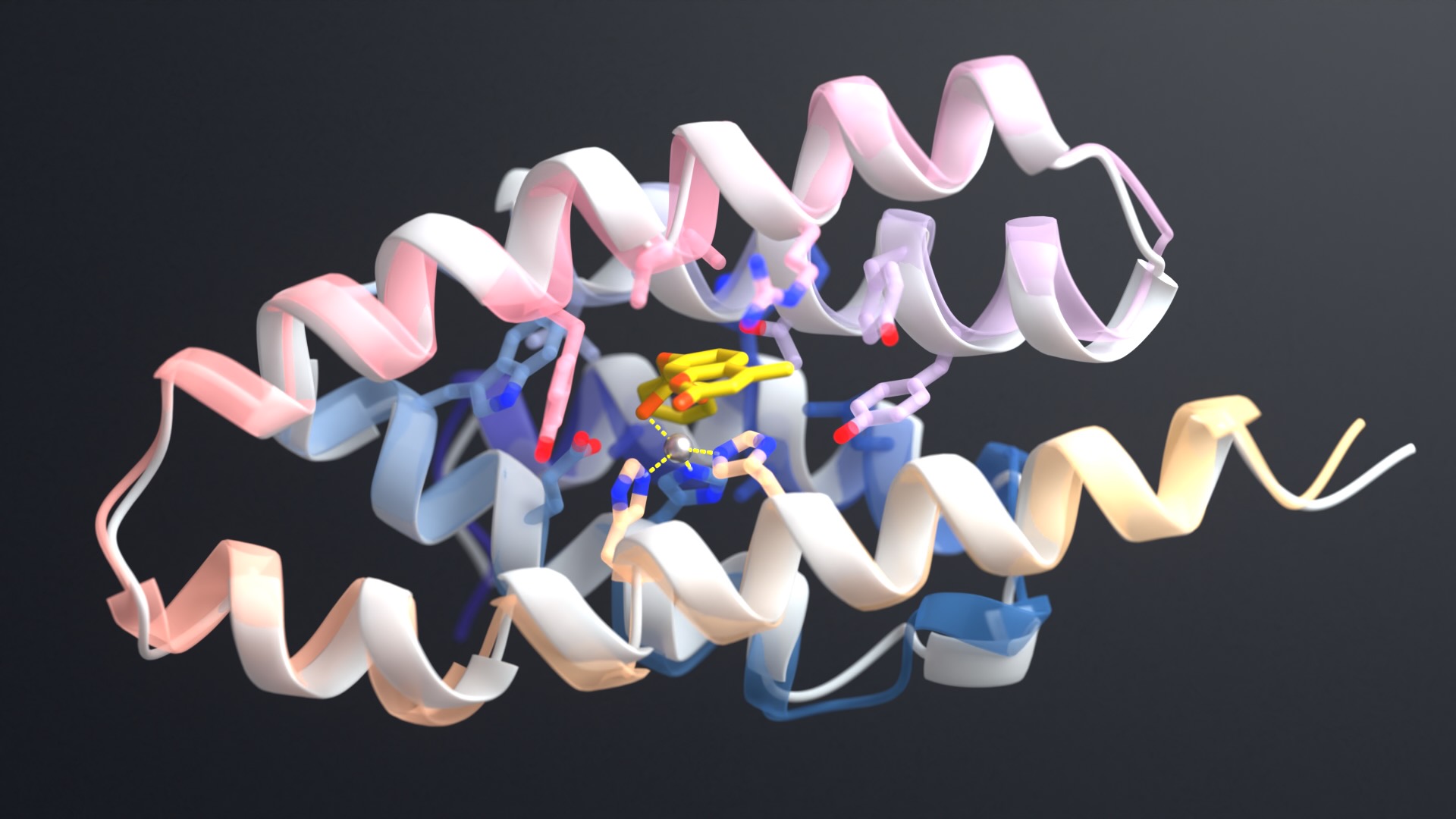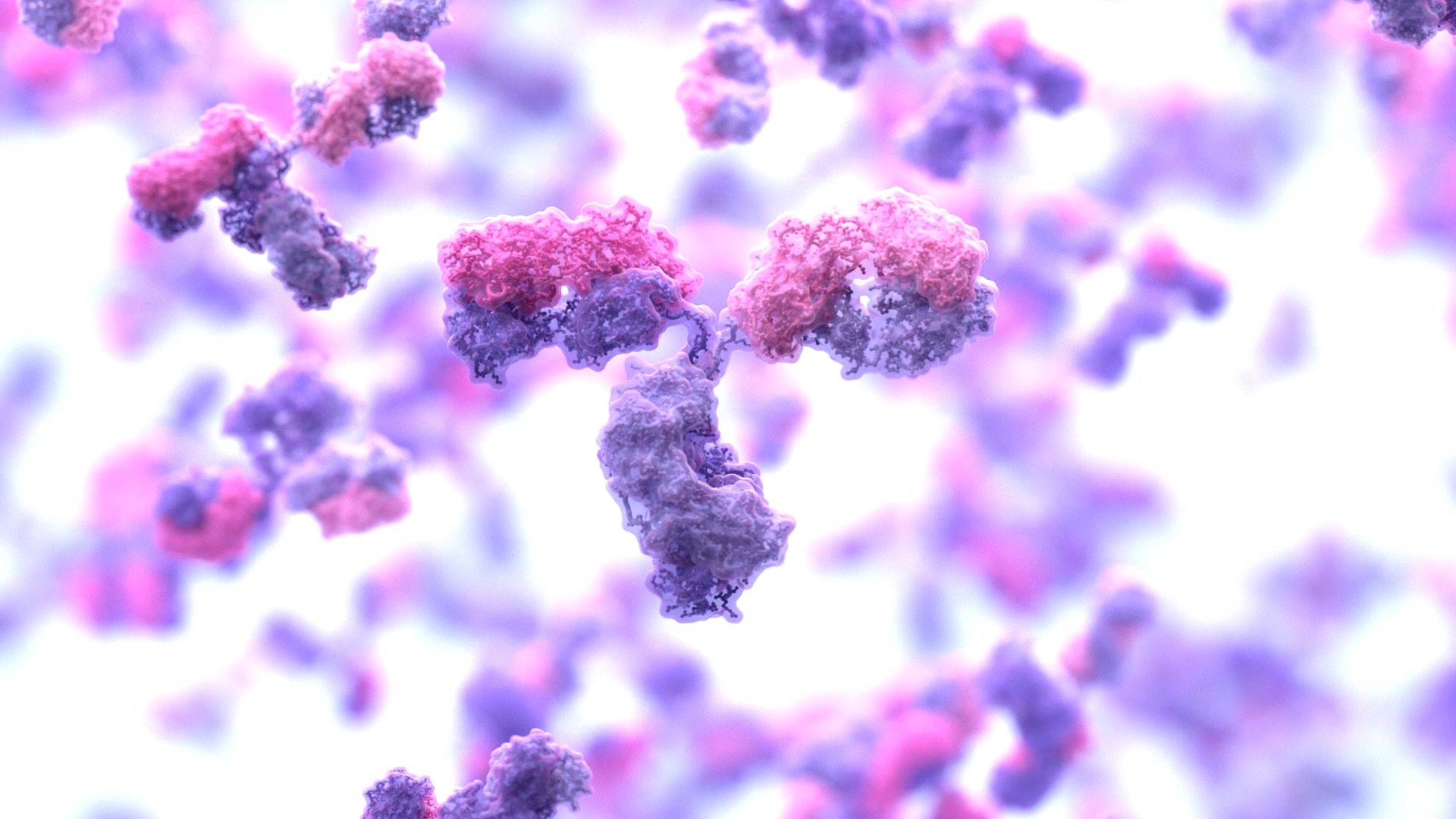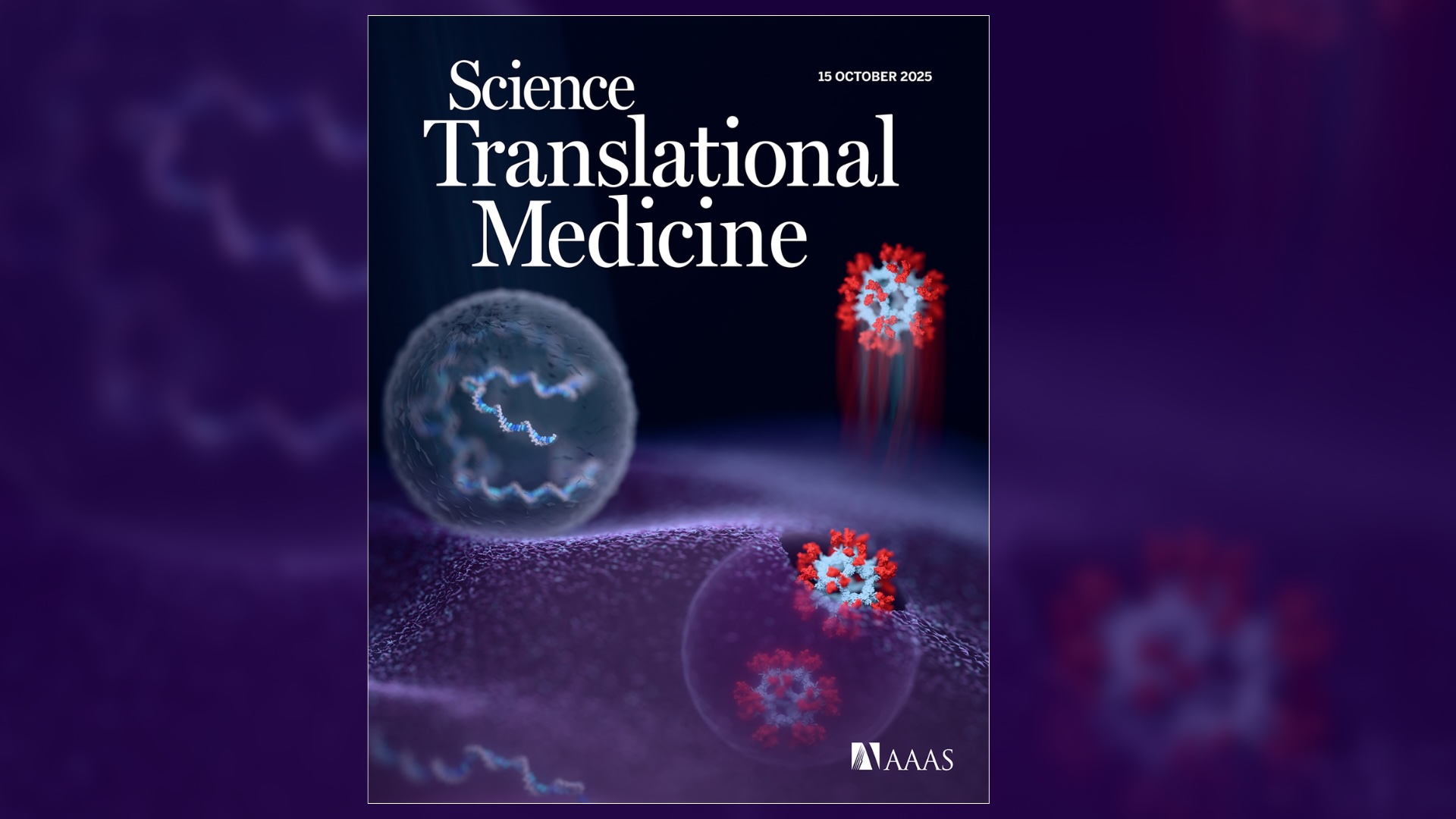David Baker has been awarded the 2024 Nobel Prize in Chemistry for computational protein design. Baker is a professor of biochemistry, Howard Hughes Medical Institute investigator, and director of the Institute for Protein Design at the University of Washington School of Medicine. The prize is shared with Demis Hassabis and John Jumper of Google DeepMind for their contributions to protein structure prediction.
Proteins are life’s most important molecules. Found in every organism, they perform nearly all biological processes — from cell communication and growth to immunity and replication. And in the words of the Nobel committee, Baker “has succeeded with the almost impossible feat of building entirely new kinds of proteins.”
Baker’s research combines computational and laboratory techniques to create custom proteins with unprecedented precision. The Baker Lab pioneered the field by developing much of the world’s most popular and effective software for computational protein design, including the Rosetta program. The lab also succeeded in creating the first protein with a novel 3D shape, an inert molecule called Top7. It has since produced several thousand new proteins, including molecules that neutralize viruses, target cancer cells, and even serve as catalysts for chemical reactions. Baker’s research also contributed to the development of the world’s first computationally designed protein medicine, a protein-based vaccine for COVID-19 pioneered by colleagues at UW Medicine.
“We have entered an era where we can not only understand biological systems but also create new ones,” Baker explained. “By designing proteins not found in nature, I believe we will solve many urgent challenges across medicine, technology, and sustainability. This prize is a testament to the collective efforts of the many hundreds of brilliant scientists whom I have had the pleasure to work with, and it is an honor to be part of this exciting moment in science.”
Recently, artificial intelligence has been tapped by Baker and others to predict and design protein structures with unprecedented accuracy and speed. This has greatly expanded scientists’ ability to model and design the building blocks of life. As the 2024 Nobel Prize in Chemistry makes clear, no other domain of science has been more transformed by AI than protein research.
To date, Baker has published more than 640 peer-reviewed research papers, been awarded over 100 patents, and co-founded 21 biotechnology companies. Ninety of his trainees have gone on to independent faculty positions. His dedication to open science has fostered a collaborative community of researchers worldwide, and he has ensured that the most advanced tools and insights developed through his work are shared freely to accelerate scientific discovery.
Joining the ranks of Nobel Laureates is a testament to Baker’s dedication, innovation, and the far-reaching implications of his work and that of his co-awardees with whom this honor is shared. We extend our heartfelt congratulations to these remarkable scientists and remain committed to nurturing world-changing research.
Today marks a historic milestone for modern science. As researchers, innovators, and communities worldwide celebrate this remarkable achievement, we look forward to the groundbreaking discoveries and life-changing solutions that still lie ahead — solutions made possible by the visionary work that has earned David Baker a Nobel Prize.
For press inquiries, please email mediarelations@uw.edu.





